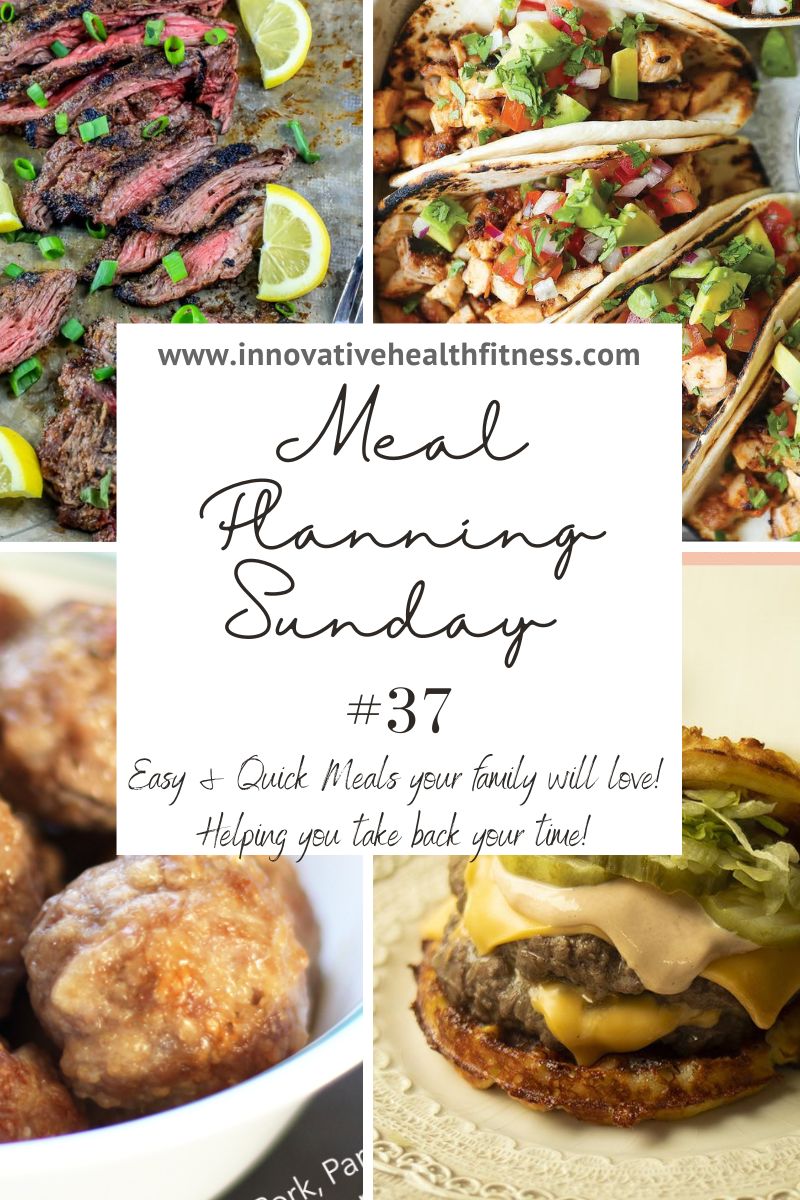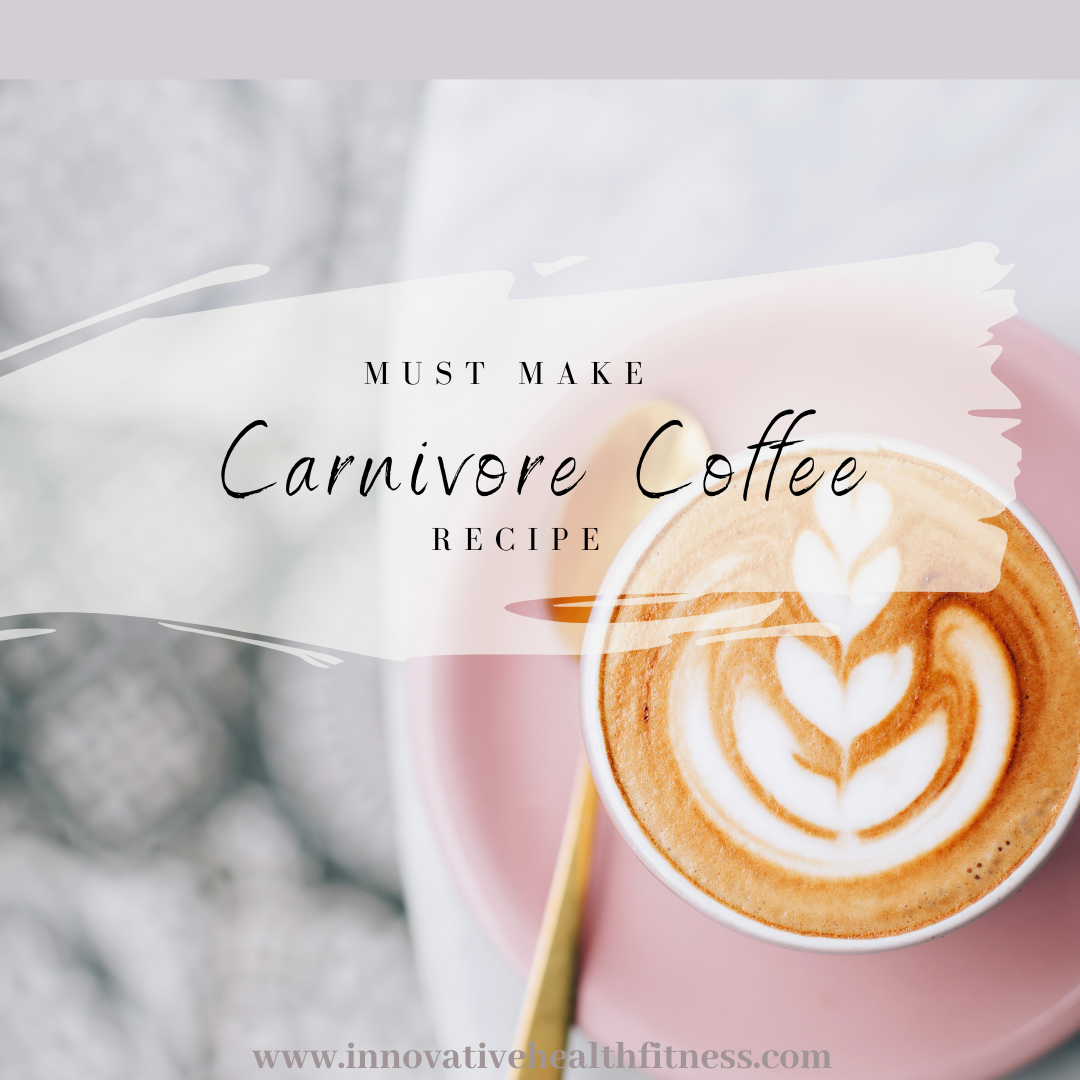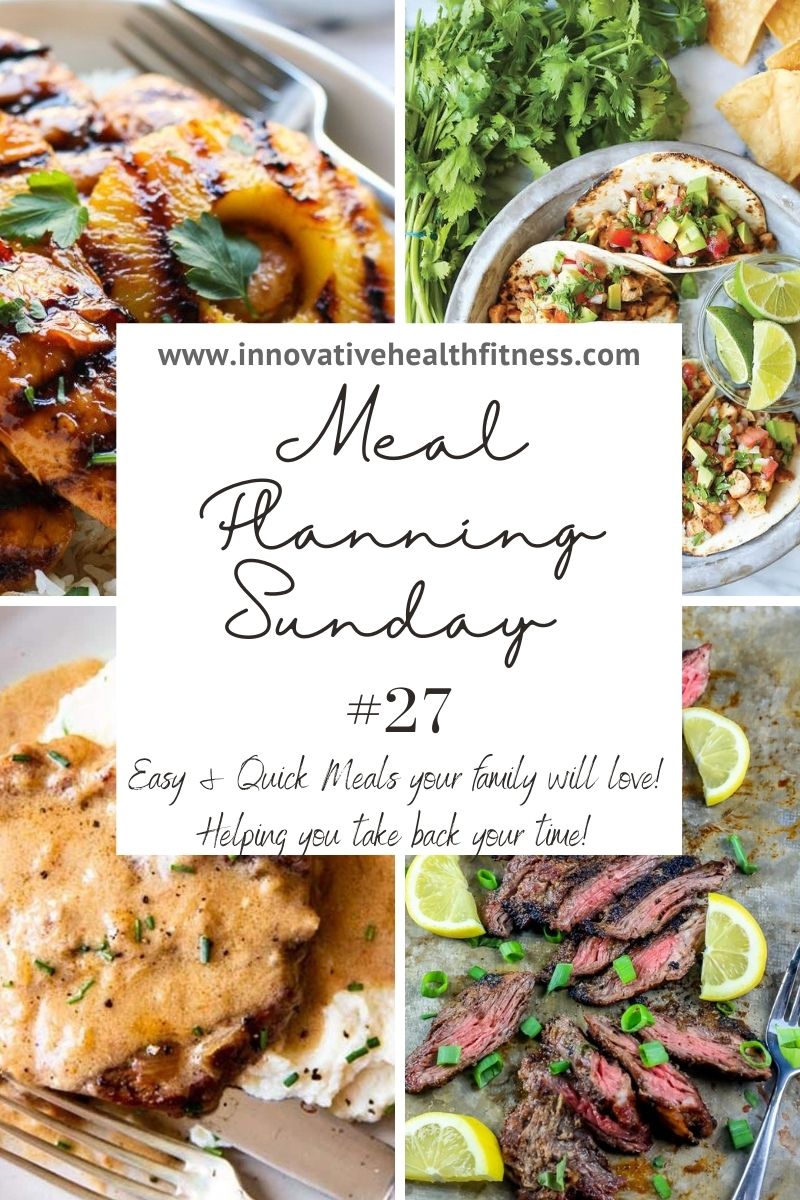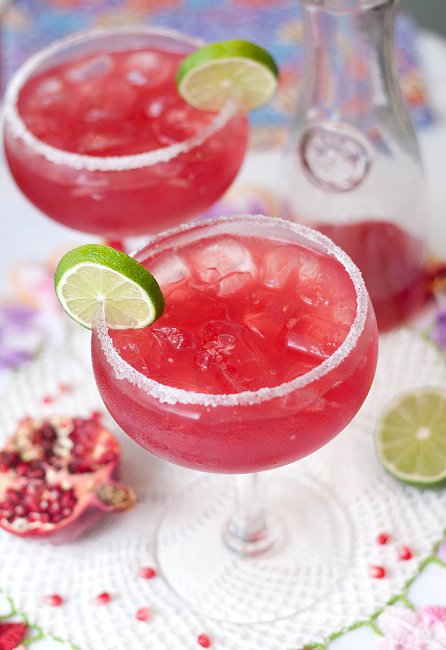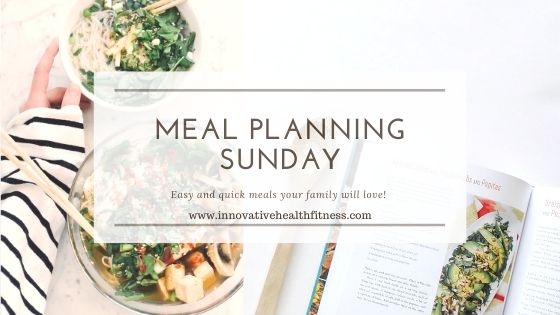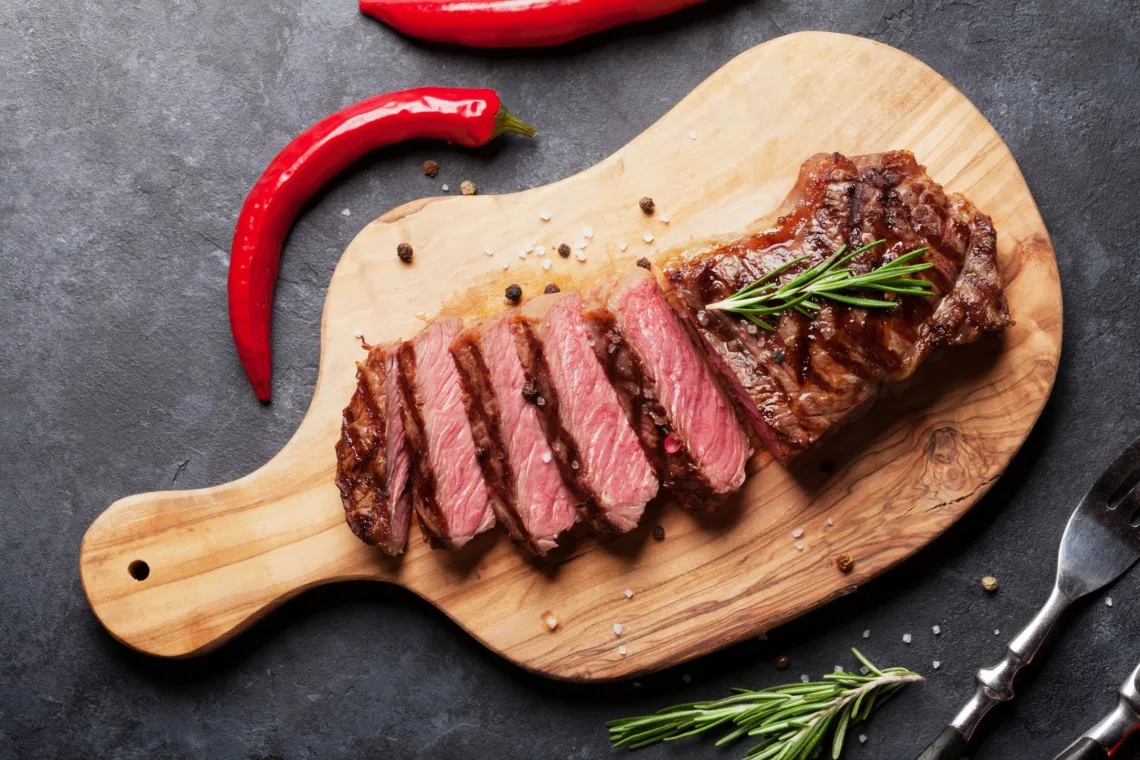
30 Days of The Carnivore Diet: My Journey, Benefits, and Daily Eats

If you’d asked me a few months ago if I’d try the carnivore diet, I would have quickly said, “No, thank you!” I’m not a huge meat lover, so the idea of eating only animal products didn’t appeal to me. But after years of sticking to low-carb eating, I felt my fitness goals were stalling, despite consistent workouts. So when my husband, Ryan, decided to try the carnivore diet again in April (he lost 20 pounds the first time!), I joined him for three reasons: to support him, to see if it could help me reach my fitness goals, and because, honestly, I love a good challenge! After 30 days, I shed 7.5 pounds and felt incredible.
What is The Carnivore Diet
As my son cleverly put it, “Carnivore is the vegan version of keto.” While keto focuses on high-fat, low-carb, and includes vegetables, carnivore takes it to the next level by eliminating all plants — no fruits, veggies, or grains, only animal products. Imagine this as the “zero-carb diet” or “meat cleanse,” where all your meals come from animal-based foods.
If that sounds extreme, you’re not alone! I was skeptical at first, too. But as a fitness trainer and certified nutritionist, I know the importance of experimenting to find what works for your body.
Diets limit what you eat, but what if you stick to just one food group?
That’s the theory behind the carnivore diet (aka zero-carb, meat cleanses, or zero-plant diet). This lifestyle focuses on eating only animal products — and a LOT of them! Naturally, fat is a hugely important part of this lifestyle
What can you eat?
On the carnivore diet, you focus on eating only animal-based foods, which can look like:
- Most Animal Products: Meat, eggs, cheese, cream, and butter. This approach allows a bit of variety.
- Meat, Fat, & Eggs Only: A stricter approach without cheese or cream for those who find dairy doesn’t sit well.
- Only Meat: The truest form, where it’s just meat, fat, salt, water, and maybe a splash of coffee.
Ryan and I follow the first approach, sticking to meat, cheese, eggs, cream, and butter. And yes, I still have coffee because, let’s face it, coffee is life! I did, however, switch from my coconut creamer addiction to something more carnivore-friendly. For a morning boost, check out my Carnivore Coffee.
Are Vegetables Really Necessary? Understanding Anti-Nutrients
One of the surprising reasons the carnivore diet excludes plants is because certain vegetables contain compounds known as anti-nutrients. These naturally occurring chemicals, including oxalates, lectins, and phytates, can interfere with nutrient absorption and sometimes cause digestive issues. For instance, oxalates, found in spinach and almonds, can bind to calcium and may contribute to kidney stones for some people. Similarly, lectins, commonly found in legumes and nightshades, may irritate the gut lining and trigger inflammatory responses in sensitive individuals. By removing these plant-based foods, the carnivore diet aims to eliminate these anti-nutrient effects, potentially leading to improved digestion and nutrient absorption. For more in-depth insights, books like The Carnivore Code by Dr. Paul Saladino delve into how anti-nutrients impact the body and why an animal-based diet may reduce inflammation and support better gut health.
The Truth About Anti-Nutrients: Why Some Avoid Vegetables
- Spinach – High in oxalates, which can bind to calcium and potentially contribute to kidney stones.
- Tomatoes – Contain lectins, which may irritate the gut lining in sensitive individuals.
- Potatoes – Also high in lectins and glycoalkaloids, which can affect gut health and may be toxic in large amounts.
- Peas and Lentils – Rich in phytic acid and lectins, both of which can interfere with mineral absorption and digestion.
- Kale and Other Leafy Greens – Contains goitrogens that can interfere with thyroid function when consumed in large quantities.
- Broccoli and Cauliflower – Part of the cruciferous family, these contain glucosinolates, which may affect thyroid function.
Eliminating or reducing these vegetables can be one approach to minimizing anti-nutrient intake, which is a primary goal of the carnivore diet.
Staying Hydrated: Carnivore-Friendly Beverage Options
- Water – Plain, mineral, or sparkling water are all excellent choices.
- Sparkling Water – Naturally flavored sparkling waters (with no added sweeteners or artificial ingredients) can add variety.
- Coffee – Black coffee is generally accepted, and some add a bit of heavy cream or butter for a “keto coffee.”
- Bone Broth – A nourishing option rich in minerals, collagen, and amino acids.
- Tea – Herbal teas, especially those without added flavors, are usually acceptable (though some carnivore purists skip tea).
- Electrolyte Drinks – Sugar-free electrolyte powders or homemade versions with salt help maintain electrolyte balance. LMNT is our favorite drink. Get yours here.
These beverages provide hydration while aligning with carnivore diet principles, focusing on simplicity and avoiding plant-derived additives.
What are the benefits of a zero-carb diet?
You may be thinking, “How can eating only meat be healthy?” The carnivore diet offers several surprising health benefits, many similar to keto but sometimes even more profound:
- Improved Digestion: Lower fiber intake often reduces bloating and eases digestion.
- Mental Clarity: The high fat and protein intake help maintain energy and focus, reducing brain fog.
- Decreased Inflammation: By cutting out carbs and focusing on fats, many experience reduced joint pain and inflammation.
- Steady Weight Loss: A zero-carb diet can help keep blood sugar levels steady, making it easier to shed unwanted pounds.
Beyond the physical changes, the carnivore diet can be life-changing for some people, bringing energy and mental clarity that’s hard to achieve with other diets.
Starting on the Carnivore diet
If you’re curious about trying carnivore, start by slowly cutting back on plants and focusing on animal products. Choose one of the styles above, find what fits your lifestyle, and give it a try for 30 days. And if you’re interested in learning more, I highly recommend the book Carnivore Code by Dr. Paul Saladino.
A Day in the Life: Eating on the Carnivore Diet
Breakfast: Egg and Bacon Bowl – Scrambled or fried eggs with crispy bacon bits, topped with a drizzle of melted butter or cream, and my keto coffee.
Lunch: Burger Patties with Cheese – Grilled burger patties topped with melted cheese and a side of bacon.
Dinner: Ribeye steak with butter
Bonus Meal Ideas
- Chicken Thighs with Crispy Skin – Oven-baked or air-fried chicken thighs seasoned with salt, yielding a crispy, satisfying meal.
- Steak Bites with Butter – Bite-sized pieces of steak cooked in butter or beef tallow for a quick and filling lunch.
- Salmon or Sardine Salad – Mix canned salmon or sardines with a bit of salt, pepper, and egg yolk or mayo for creaminess.
- Lamb Chops – Grilled lamb chops seasoned with salt, offering a flavorful and nutrient-rich option.
- Cheese Omelette – A classic omelette made with eggs, cheese, and a touch of cream or butter for extra richness.
- Beef Liver with Butter – Sautéed beef liver, a nutrient powerhouse, cooked in butter for added flavor.
- Rotisserie Chicken – A convenient option; just pull the meat off the bone and enjoy with some salt and cheese.
- Pork Belly Bites – Cubed pork belly, baked or pan-fried until crispy, with salt and optional spices.
These lunches offer a satisfying mix of protein and fats to keep you fueled throughout the day, without plant-based ingredients.
Helpful Links:
Have you tried Carnivore? If you have what are your favorite recipes?

Related posts:
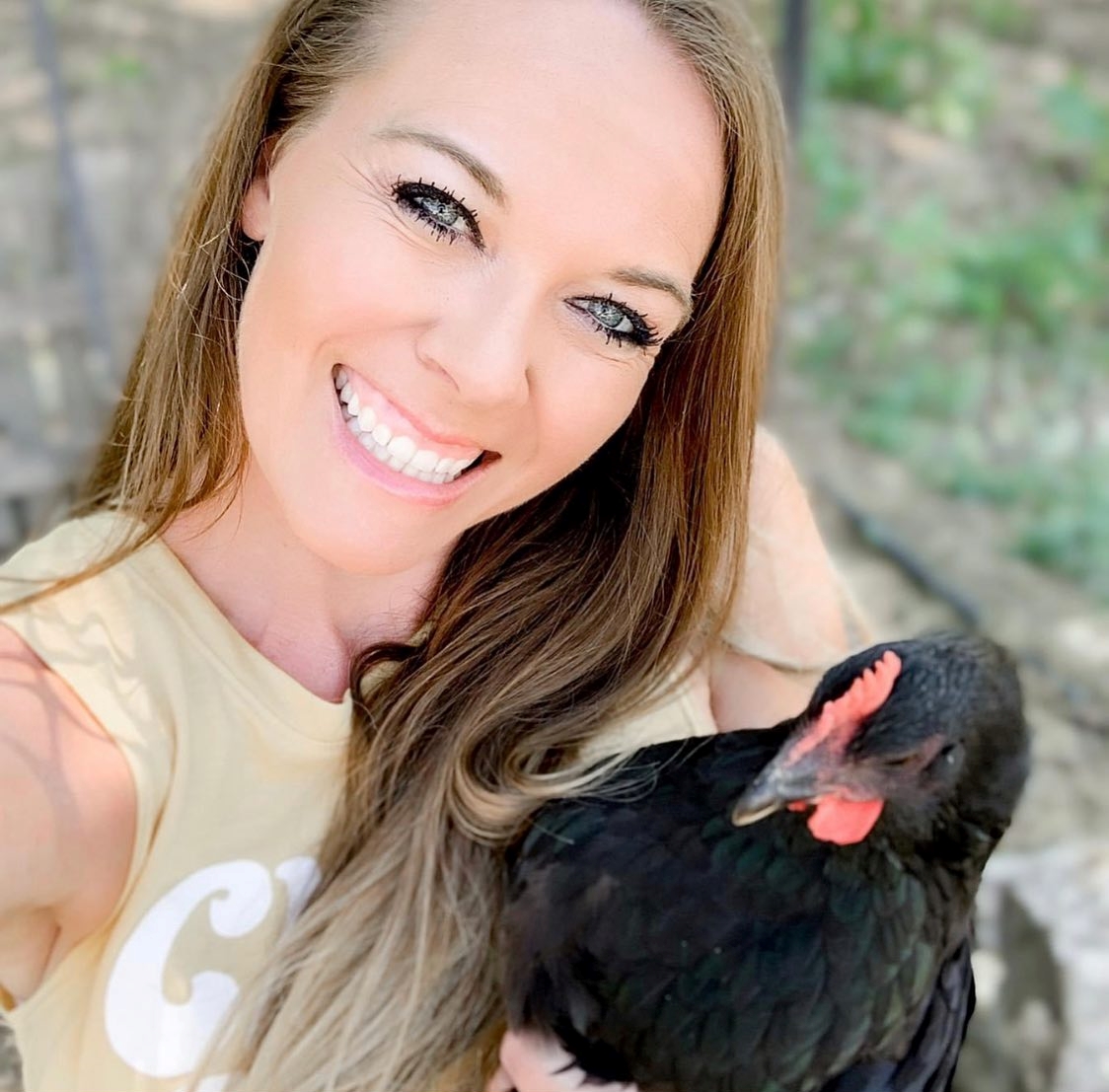
Hi!! I’m Kristin McConnell, I am so glad you are here! I am a wife to my amazing husband and a Mom of two fabulous kids. I love gardening, raising chickens, bee keeping and baking sourdough bread!
